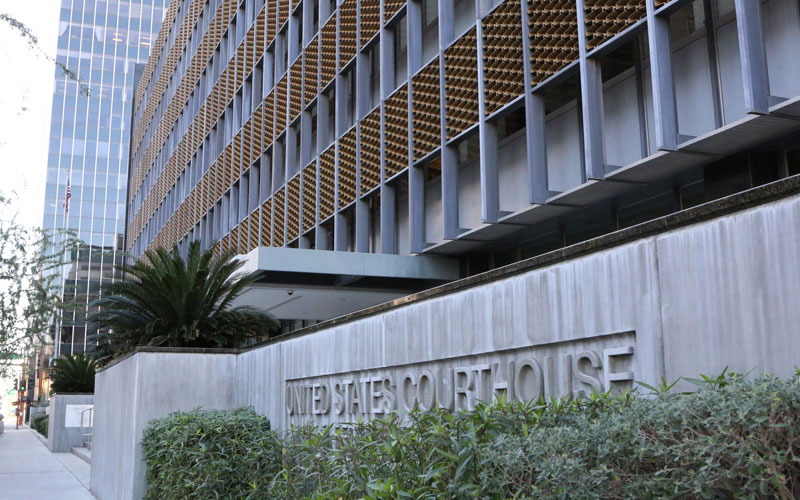Hundreds of people gathered at the Fifth Annual African American Conference on Disabilities Friday, which kicked off a weekend of Black Deaf History Month events. The conference’s keynote speaker Talila Lewis, founded the country’s first and only national database for deaf prisoners.
“The large issue that I’ve seen mostly in the criminal legal system is a lack of understanding about cultural competence, deaf culture, deaf communication or even black culture, black deaf culture,” Lewis said.

Read more:
Timeline: Arizona’s Black History
Video: Tempe history museum honors Black History Month with art, music
She’s spent the past decade investigating possible wrongful conviction cases. Her organization, Helping Educate to Advance the Rights of the Deaf (HEARD) has yet to exonerate anyone.
“A lot of these cases, I don’t have physical evidence but I can show you that they couldn’t communicate with their defense counsel, they couldn’t communicate with the judge, they couldn’t communicate with law enforcement, and to me that should be more than sufficient to reopen a case,” Lewis said.
She said that even the simplest resources can be hard to come by.
“Deaf prisoners are completely isolated. I’ve been lobbying for four years the Federal Communications Commission and the Department of Justice, just to get video phones in our prisons. Video phones are free,” she said.
The Department of Corrections said only 12 Arizona prisoners are deaf, and they’re able to request certain accommodations, such as a sign language interpreter.
But those who attended the conference said the crux of the issue transcends race and ability; they said it’s a basic human right.
“Bottom line is access to communication. We don’t have an ability to equally participate in a variety of aspects of life,” said Beca Bailey, deaf specialist for the Arizona Commission for the Deaf and Hard of Hearing.
“If we’re unable to communicate what our needs are, what our desires are, our lives are not as full as they should be and certainly if you’re in prison and particularly wrongfully then that impact is even greater,” ACDHH Deputy Director Carmen Green said.
The Arizona Department of Corrections said it currently houses 12 prisoners who are deaf and they are able to request accommodations, such as sign language interpreters.
